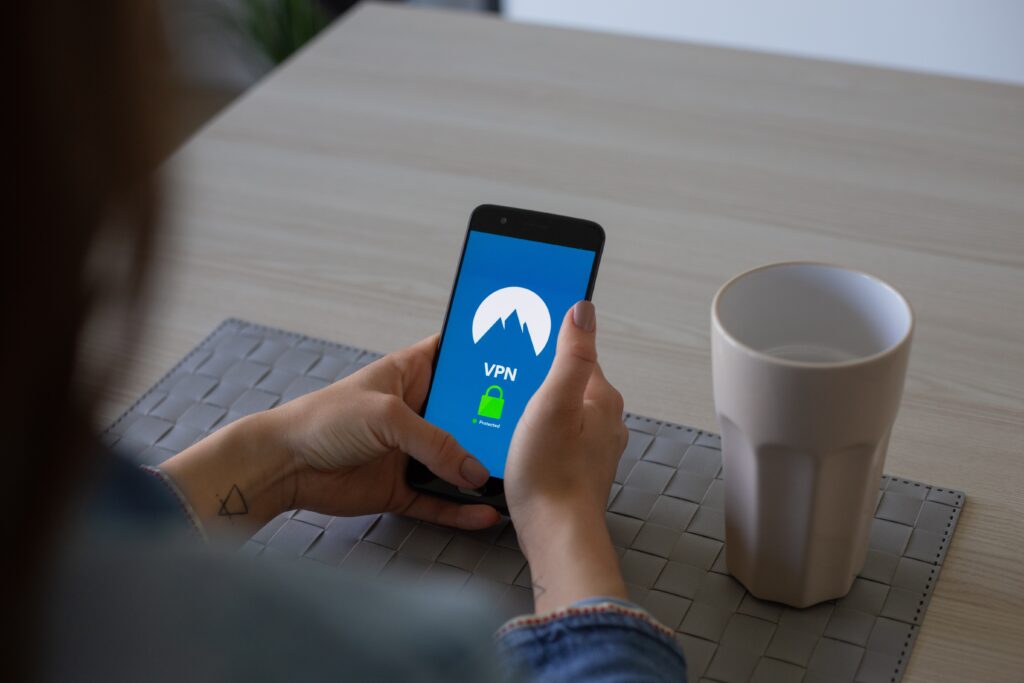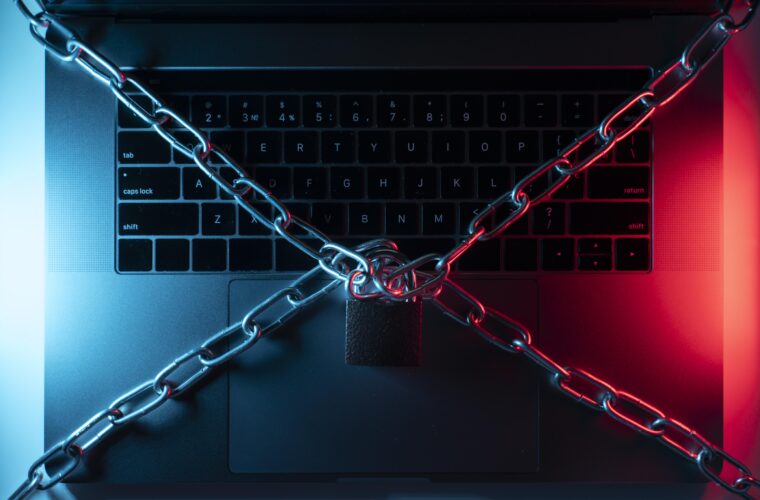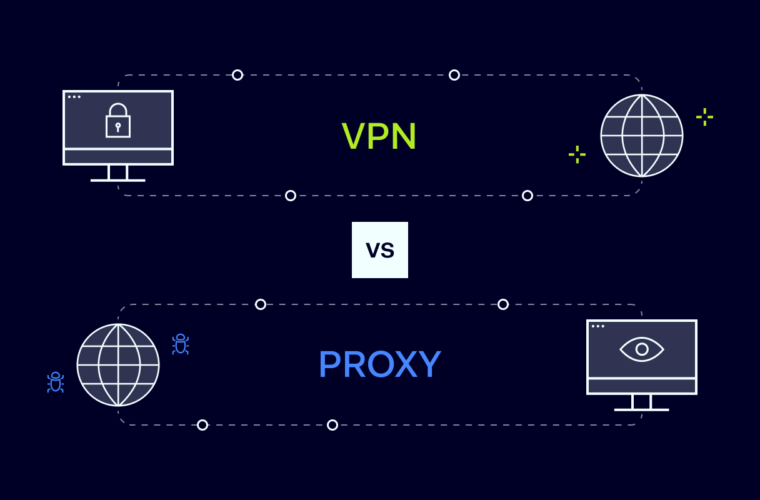Advantages and disadvantages of a VPN: We hear about them for bypassing blocks and limitations, but they are also a valuable aid for security. We refer to VPNs and their peculiarities. The use of a VPN and its characteristics differ for individual users and corporate networks. In the former case, data exchange occurs constantly between the computer and the identified external server. The software or online application on your machine handles the routing, which is “targeted” to a specific server and from there to the final destination.
The same path is also used for incoming information, which from the network goes to the intermediate server and from there via a secure, encrypted connection to the user. On the other hand, when used in an enterprise network, it can also communicate the realities of the same group located in different places. In this respect, it can be considered in the same way as a LAN.
Why to use
As already indicated, the most “renowned” use of a VPN is to eliminate geographic blockages or “top-down” limitations. In fact, the VPN allows one to change and delete geographical origin, allowing access to sites and applications blocked in one’s own country. Therefore, we often hear about it in conjunction with nations with authoritarian regimes or countries in certain geopolitical conditions. But the most interesting use for the common user is the “protection” use. A VPN is indeed the best system for creating a secure connection between the computer and the network. The advantages of using such a connection and encryption system are varied and valuable. One can surf the Internet anonymously or almost anonymously by using a VPN. Location and IP address are, in fact, masked and no longer visible to any malicious users or those who wish to check.
Security while the use of a VPN enhances browsing. The virtual encrypted tunnel created by this type of connection does not allow hackers and cyber criminals to intervene, making your device safer and less vulnerable. Not only security but also greater freedoms and possibilities due to the fewer limitations and blocks possible through a VPN. A VPN is highly recommended, if not mandatory when the computer is shared or public. A library, Internet point, or shared machine connection can then easily become secure. Aside from browsing Netflix program previews in Japan, have you ever wondered about the benefits of a VPN? You may have heard about it online but have yet to learn exactly how it works and who can benefit from it.
Advantages and disadvantages of a VPN – Security
Unsecured networks are gold mines for cybercriminal organizations that steal and exploit other people’s personal data. With this data, criminals can do many things, from annoying you with personalized ads that follow you online wherever you go to reconstructing passwords and credentials to company profiles through social engineering techniques. VPNs prevent these criminals from accessing sensitive data on private and public networks. VPNs hide the location from which you connect and the IP address of your computer or phone, allowing you to surf online almost completely anonymously (complete anonymity online does not exist). Instead of viewing your personal information, hackers will only see the VPN server’s connection data. The server is that very powerful computer that receives the data from your device and modifies it by adding its information as if the traffic began in the server itself before directing it to the sites you want to visit.

Overcoming data limitations and bandwidth restriction
Some Internet service providers (ISPs) and some local network service providers limit the amount of data each user can use during a given period of time. This mechanism is called data throttling (link in English), which literally means data restriction. Some do this to limit the user when they exceed a certain threshold, such as guaranteeing a certain traffic volume for everyone. Others do it simply for marketing purposes. In any case, if you connect through a VPN, the data monitoring system does not recognise you and can exceed the limit without experiencing slowdowns or paying additional fees.
Keep in mind, however, that ISPs are aware of this capability of VPNs, so only some VPNs work this way and only in some cases. Similar to data throttling, ISPs can limit the Internet connection speed to preserve bandwidth in areas with many connections or as a preventive measure when they detect suspicious activity or connections to dangerous sites. As we have seen, VPN encrypts traffic and conceals the true origin of data packets, so it can help you overcome this type of limitation in some instances and with certain ISPs.
Access to blocked content and censorship
Many streaming platforms do not allow users to view and access all of their content and control access precisely through connection data. VPNs cloak this data and enable access to content that might be blocked, such as certain types of videos, TV shows, or podcasts. Similar to blocked content, sometimes made available based on the user’s geographic area, VPNs allow users to bypass online censorship in certain countries. Laws in these countries prohibit people connecting to the Internet from accessing certain social media, sites or programs. With a VPN, it is possible to circumvent these restrictions, access prohibited sites and use blocked apps. VPN is the main tool of many political activists in countries with authoritarian regimes, without which they could not communicate with other countries and post, for example, tweets about what is happening in the country they are in.
Network expansion
Network expansion can be costly, especially for a small business. VPNs use a system that does not affect the cost of network management because access is user-based, not device-based. Instead of paying for each connected device’s network access, VPNs allow users to access their program on various devices and use the virtual private network wherever they are authenticated, thereby increasing network coverage and reducing usage costs.
Cost reduction and remote access
Speaking of costs, VPNs also help reduce the cost of managing cybersecurity for two reasons. First, VPN is a good defence and thus reduces security problems for both individuals and businesses. In addition, the network management from a technical and security standpoint is partly outsourced to the VPN service provider, thus reducing the need for a dedicated in-house team or hiring a specialist just for this task. Remote access is now indispensable for any business. With a VPN, organisations can grant network access to their employees remotely from anywhere in the world. In fact, VPNs are now an essential part of remote access protection to corporate networks, and the mode of access is almost identical to that of the organisation’s network, so even the least computerised employees can do so without any problems.
Access control and monitoring
A VPN is a great way to control the identity of users trying to access a network. The security protocols are quite strong because they provide multifactor authentication systems, so they are an inexpensive and functional alternative to access control for companies with few resources. ISPs monitor the digital trail of users. Many share data with other organisations, which are used to improve the effectiveness and accuracy of online advertising tools. VPNs prevent this data from being monitored and help you keep your personal information confidential.



